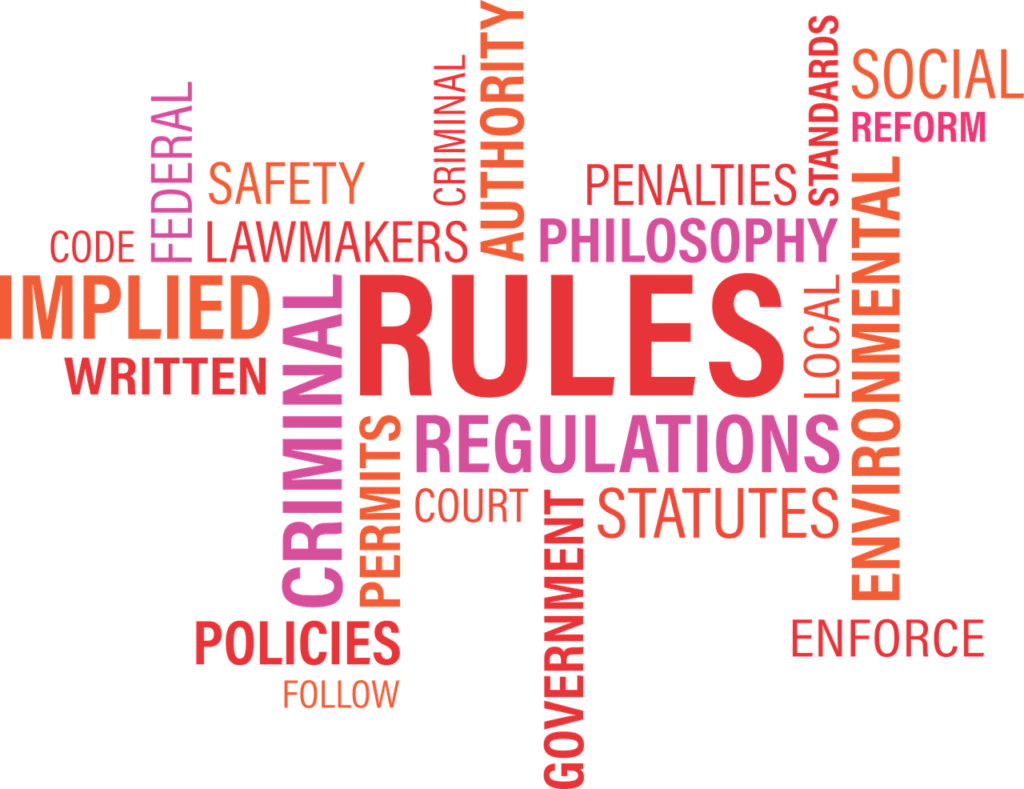Outdated rules and too-light penalties allow multinationals to continue making money despite misconduct. Change is needed and fast
Big Tech: If you earned billions of dollars by sometimes exploiting illegal practices, you would likely be happy to pay millions of dollars in fines. Considering that the fine only comes if you are caught, so not always, or in any case permanently, later than the revenue you have secured.
For many years, this relationship has bound the big technology companies and judges, antitrust and other control bodies deputed in each country to protect users’ rights from potential abuses by companies. The enormous pervasiveness acquired by big tech over the last twenty years has given them a power that goes beyond the authority of a country or that of a confederation of states.
Thanks to their global diffusion and the services, platforms, devices and applications that have now become part of the everyday life of billions of people, through which they have been able to grind out revenues, emerge as absolute sector leaders to the point of crushing any potential new rival, Google, Amazon, Meta, Apple and Microsoft, have a mighty financial capacity, which essentially allows them to do whatever they want.

Earning billions and paying millions
Over the years, countless fines have been imposed on these companies for misconduct or non-compliance with regulations, often aimed at collecting users’ personal data. A mass of information is crucial for tracing the identikit of the individual and constructing tailor-made ads, to be rendered directly or by advertisers ready to build golden bridges to discover their target’s tastes, habits and interests.
In a system that is already flawed in itself – but beware because it should be remembered that it is we ourselves who facilitate the work of Google and other big companies, for instance, by accepting without even reading the numerous conditions written in lower case before downloading an app – the worst distortion comes at the end of the road. When companies get busted for profiting from unfair competition practices, abuse of dominant positions, market-distorting mergers and acquisitions or similar conduct, they are forced to pay fines in the millions. Which they are willing to pay (after having tried the appeal anyway).
I am not saying to go back to an eye for an eye of ancient Babylon, but perhaps fines should be tightened to enforce the rules and safeguard users’ rights. Not that it is easy to find fair solutions and challenge big tech. While in the United States, the protection of rights comes from the courts and private initiatives, while the federal government alternates between battles and a condescending attitude towards the multinationals at home, the European Union is very active in developing codes of conduct and procedures to defend individuals. The GDPR and the more recent Digital Services Act (DSA) are effective examples that mark the detachment from the US and the different approaches of the two main players in the Western world.

Digital market regulation needs to be updated
In recent days, Google agreed to pay $93 million to California as compensation for a lawsuit centred on deceptive and misleading conduct regarding the handling of location data. “Google was telling its users that it would no longer track their location once they opted out, but doing the opposite and continuing to track users’ movements for its own commercial gain. That is unacceptable,’ said Rob Bonta, Attorney General of California. Big G did not admit any responsibility for its actions but accepted the settlement and changed its location services.
It should be added that Google agreed to pay $391.5 million last November by settling with 40 US states over similar allegations. In the first six months of 2023, on the other hand, Google earned $110.9 billion from advertising, which is equivalent to 81% of the $137.7 billion it earned in total during the six months.
Beyond this case – because a quick online search is enough to see how all the most influential tech companies have been sanctioned several times in the past years – the issue to be resolved concerns the need to update the regulation of the digital market. Since it is almost impossible to resize the position of these companies (their power, financial resources, lobbying), an immediate solution could be to toughen fines so as to force big tech not to break the rules, or at least to do so less than hitherto. Maybe this is a utopian vision; instead, with patience, a process could be started to redraw the players’ roles on the field.



